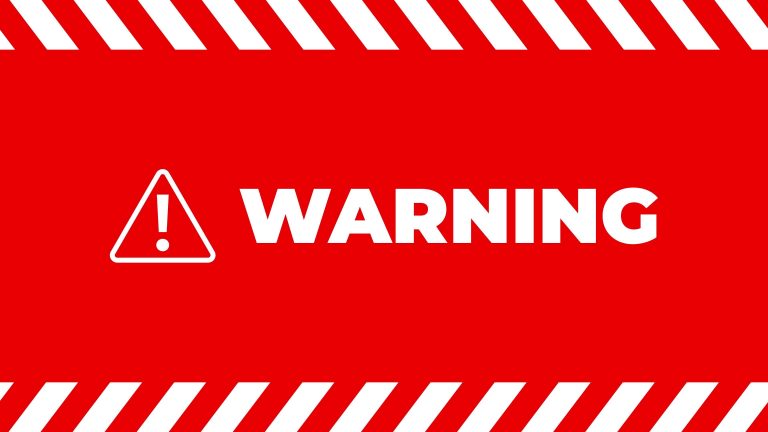In today’s fast-paced work environment, breaks are often overlooked in the pursuit of productivity. However, research suggests that regular coffee breaks do more than just provide a caffeine boost—they actively contribute to workplace safety. By improving alertness, reducing stress, and fostering better communication, coffee breaks help prevent accidents and create a healthier work culture.
The Science Behind Breaks and Alertness
Fatigue is a leading cause of workplace accidents. Studies have shown that mental exhaustion impairs decision-making, slows reaction times, and increases the likelihood of errors. A 2017 study published in Nature Medicine found that sleep deprivation and prolonged focus cause cognitive lapses similar to those seen in intoxicated individuals. This means that employees working without breaks are more prone to making critical mistakes.
A short coffee break helps combat this. Caffeine is a well-documented stimulant that blocks adenosine, a neurotransmitter responsible for sleepiness. By doing so, it enhances alertness and concentration. According to research from the Journal of Psychopharmacology, moderate caffeine consumption can improve reaction time and cognitive performance, reducing the risk of workplace mishaps.
Stress Reduction and Workplace Safety
Chronic stress negatively affects cognitive function and decision-making. A stressed worker is more likely to be distracted, increasing the potential for accidents. Regular coffee breaks provide a mental reset, allowing employees to step away from their tasks and regain focus. Studies from the American Psychological Association highlight that short breaks reduce stress, lower cortisol levels, and improve overall mood.
Additionally, social interaction during coffee breaks can serve as an informal support system. Talking with colleagues reduces stress levels and creates a more relaxed work environment, which has been linked to fewer safety incidents. A 2019 study from the Harvard Business Review found that teams with stronger social bonds exhibit better situational awareness and are more likely to notice and address safety hazards.
Physical Benefits: Preventing Strain and Fatigue
Many workplace injuries stem from repetitive strain and physical fatigue. Office workers risk musculoskeletal issues from prolonged sitting, while manual laborers face strain injuries from repetitive movements. A well-timed coffee break encourages movement, stretching, and posture adjustment, which reduces the likelihood of workplace injuries.
A report by the Occupational Safety and Health Administration (OSHA) suggests that microbreaks—including coffee breaks—can decrease the risk of repetitive strain injuries by allowing muscles to recover and reducing physical tension. Employees who take regular breaks are also more likely to stay hydrated and maintain better overall physical health.
Enhanced Communication and Hazard Awareness
Safety in the workplace depends heavily on communication. Employees need to be aware of potential hazards, updated on safety protocols, and able to communicate concerns effectively. Coffee breaks encourage informal conversations, which can lead to increased awareness of safety risks.
For example, a casual discussion over coffee might bring attention to a faulty machine or a hazardous situation that may have gone unnoticed. A study by the European Agency for Safety and Health at Work found that companies with open communication channels report fewer accidents and higher overall safety compliance. When employees feel comfortable discussing concerns, they are more likely to report safety risks before they become serious problems.

Conclusion
Coffee breaks are not just a luxury—they are a necessity for workplace safety. By improving alertness, reducing stress, preventing physical strain, and enhancing communication, these short pauses contribute to a safer, more productive work environment. Employers should encourage regular breaks to ensure that employees remain focused, refreshed, and engaged in maintaining workplace safety. So next time you step away for a coffee break, remember: you’re not just recharging your energy—you’re also making your workplace a safer place for everyone.





